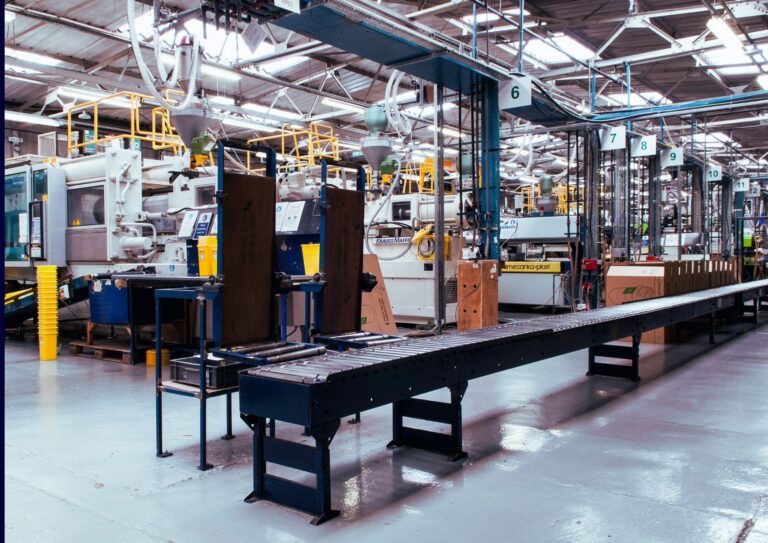Impact of the Minimum Wage Increase on Businesses in Ruse and the Region
In recent years, the topic of the minimum wage (MW) has sparked significant discussions among businesses and society in Bulgaria. With the planned 15.4% increase in the MW in 2025, the wage will reach 1077 BGN, posing several challenges for companies in the Ruse region and across the country. Many businesses, especially those in labor-intensive sectors, are struggling with the increased labor costs, while others benefit from the enhanced purchasing power of employees.
The Effect on Business in Ruse
Ruse is an industrial center with a variety of enterprises, many of which are dependent on manual labor and sensitive to increasing labor costs. Companies such as those in the garment, food, and manufacturing industries are feeling the direct effect of a rising minimum wage. While for some businesses the increase is an opportunity to attract and retain staff, for others it can lead to downsizing or even closure.
An example of such challenges is the automotive component sector, where companies often rely on low-skilled labor. In this context, enterprises such as "Leoni Bulgaria" and "SE Bordnetze" have already announced the relocation of their production to other countries due to high labor costs and decreased demand in Europe.
Regional and Sectoral Differences
The Ruse Chamber of Commerce and Industry (RCCI) promotes a balanced dialogue between business and state institutions in order to find a sustainable mechanism for determining the minimum wage. According to some opinions, the current formula for determining the unemployment benefit - fixed at 50% of the average salary in the country - does not sufficiently take into account regional and sectoral differences. In Ruse, as in other industrial regions, the minimum wage represents a significant part of the costs of enterprises, especially in sectors with lower added value. Therefore, it is reasonable to consider the possibility of setting the minimum wage more flexibly at regional and sectoral level.
Impact on employers and workers
The opportunity for growth of the MW covers about 40% of the employed persons in Bulgaria, most of them being in sectors where the minimum wage is the main form of income. For employers, this means higher costs for wages, insurance and taxes, which may lead to downsizing or limited investment in modernizing production facilities.
One of the main problems employers face is that increases in the minimum wage are not linked to increases in labor productivity. This creates a risk of losing competitiveness, especially internationally. For small and medium enterprises in Ruse, which are the main engine of the local economy, this effect is tangible and can lead to serious difficulties.
Conclusion
The Ruse Chamber of Commerce and Industry calls for a constructive dialogue between the state and business in order to find a sustainable solution for determining the minimum wage. It is important to take into account the specificities of different regions and sectors in order to avoid negative consequences for the economy and employment. The possibility of a regional or sectoral determination of MW could be one way to achieve this balance.
The original article was written by Vera Denizova for the newspaper "Capital". You can read it here: The Minimum Wage: Too Low for Employees, Unaffordable for Companies.






